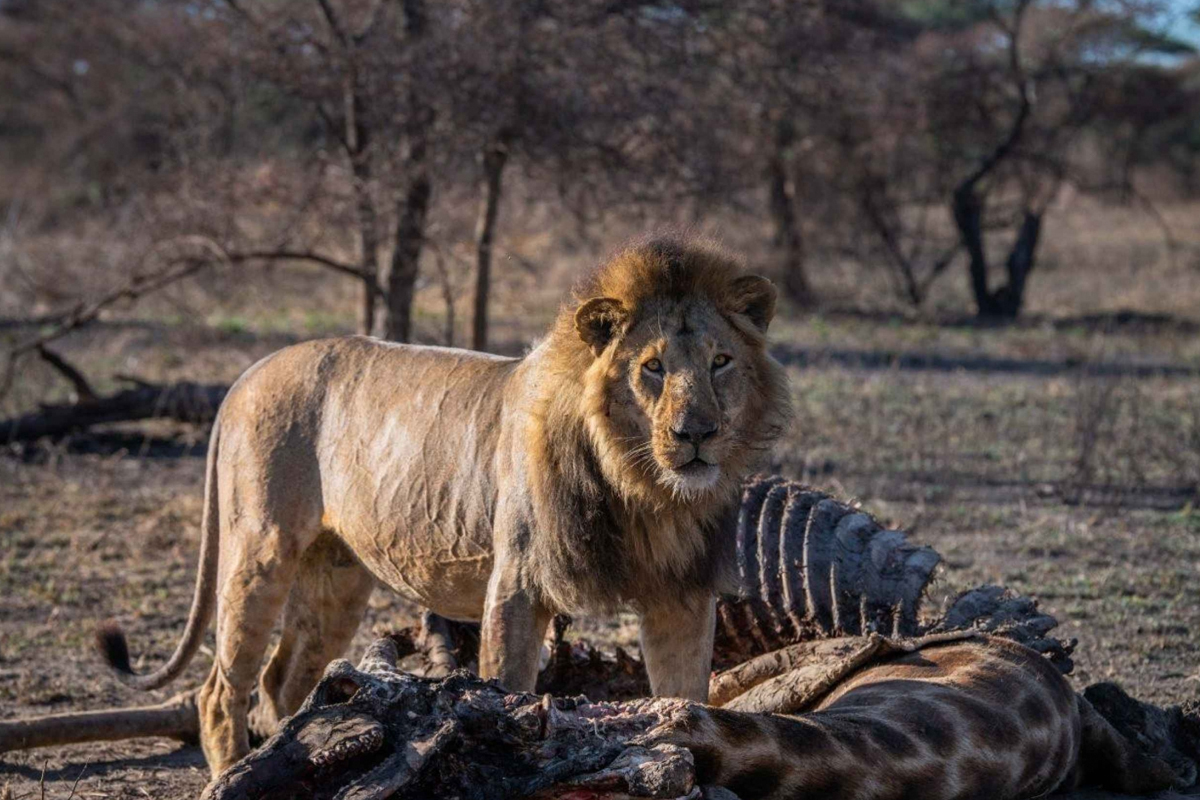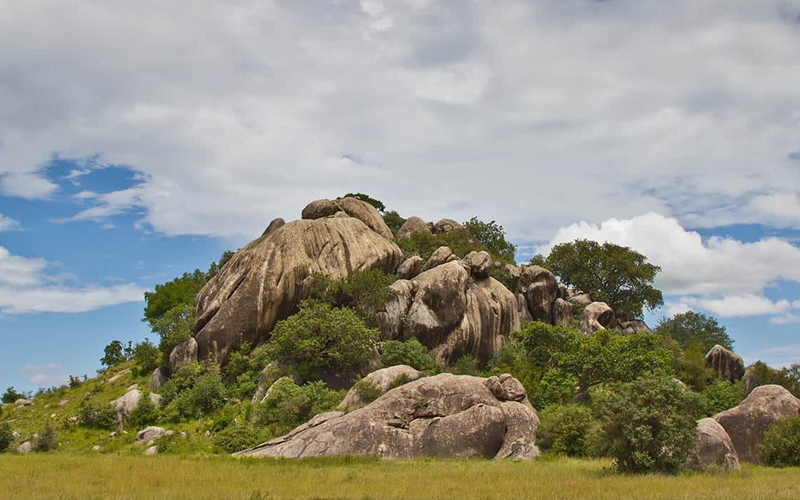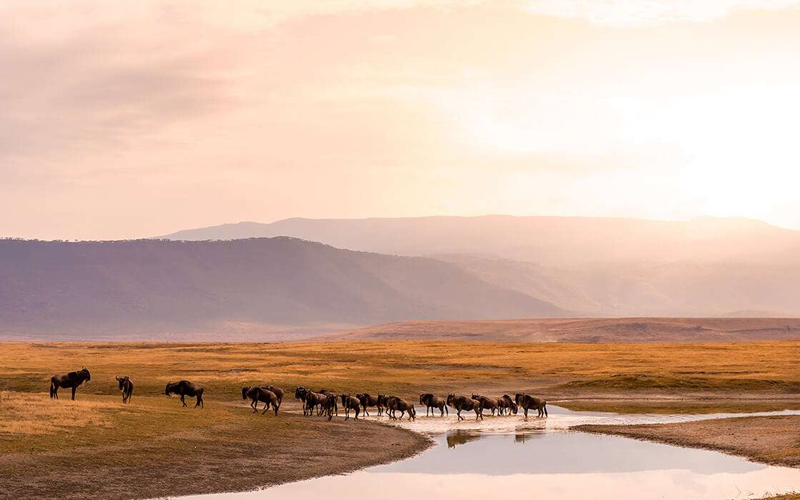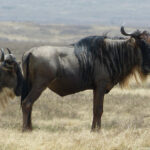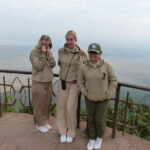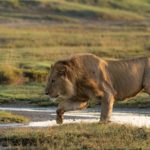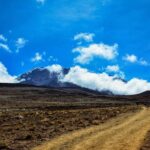Tanzania is a wildlife enthusiast’s dream destination, home to some of the world’s most iconic animals and vast, diverse landscapes. Whether you’re exploring the Serengeti, Ngorongoro Crater, or Selous Game Reserve, it’s crucial to prioritize safety while enjoying the rich wildlife this country has to offer. Here’s a guide on how to experience local wildlife safely in Tanzania.
Experience Local Wildlife Safely in Tanzania
Choose a Reputable Safari Operator
- Why It Matters
Selecting a reputable safari operator is the first step in ensuring a safe and enjoyable wildlife experience. Well-established operators employ knowledgeable guides who are familiar with animal behavior and the best practices for staying safe in the wild.
- Tips for Choosing
- Look for operators with good reviews and certifications from relevant authorities.
- Ask about the training and experience of their guides.
- Ensure the operator follows strict safety protocols during game drives.
Follow Your Guide’s Instructions
- Why It Matters
Your safari guide is your best resource for staying safe. They understand the environment, know the animals’ habits, and can anticipate potential dangers.
- Important Guidelines
- Always listen to your guide’s advice, especially when near wildlife.
- Avoid making loud noises or sudden movements that might startle the animals.
- Keep a safe distance from the animals, even if they seem calm.
Stay Inside the Vehicle
- Why It Matters
Staying inside the safari vehicle is one of the most critical safety rules. The vehicle provides protection, and animals often view it as a non-threatening presence.
- What to Remember
- Never leave the vehicle unless your guide has given explicit permission.
- Keep your arms and other body parts inside the vehicle at all times.
- Do not attempt to feed or touch the animals.
Be Aware of Your Surroundings
- Why It Matters
Wild animals can be unpredictable, and it’s essential to stay alert at all times. Awareness of your surroundings will help you spot potential dangers early.
- Tips for Staying Alert
- Keep your eyes open and scan the environment regularly.
- Watch for signs of agitation in animals, such as growling or tail flicking.
- Stay calm and follow your guide’s instructions if an animal approaches the vehicle.
Respect the Animals’ Space
- Why It Matters
Respecting animals’ space helps prevent them from feeling threatened or stressed. This is vital for both your safety and the well-being of the animals.
- How to Maintain Distance
- Use binoculars or a camera with a zoom lens to observe animals up close without encroaching on their space.
- Never corner or block an animal’s path.
- Give animals plenty of room to move freely.
Dress Appropriately for the Environment
- Why It Matters
Wearing the right clothing can make a big difference in your safety and comfort. It helps you blend into the environment and protects you from the elements.
- Clothing Tips
- Wear neutral-colored clothing that blends with the natural surroundings.
- Avoid bright colors and patterns that might attract unwanted attention from animals.
- Dress in layers to adapt to changing temperatures throughout the day.
Keep Campsites Clean and Secure
- Why It Matters
If you’re staying in a tented camp or lodge within a wildlife reserve, maintaining a clean and secure campsite is essential to avoid attracting animals, especially at night.
- Camp Safety Tips
- Store food in secure containers and never leave it unattended.
- Dispose of waste properly, using designated bins or taking it with you.
- Keep your tent zipped up at all times to prevent animals from entering.
Understand Animal Behavior
- Why It Matters
Having a basic understanding of animal behavior can help you anticipate their actions and stay safe. This knowledge allows you to react appropriately in different situations.
- Behavior to Watch For
- Predators like lions and leopards are generally more active during dawn and dusk.
- Elephants may charge if they feel threatened, especially if a calf is nearby.
- Keep an eye out for warning signs like raised ears, aggressive posturing, or vocalizations.
Avoid Nighttime Adventures
- Why It Matters
Many of Tanzania’s wildlife are nocturnal, becoming more active after dark. Nighttime is also when predators are most likely to hunt, making it a risky time to be out and about.
- Night Safety Tips
- Stay in well-lit areas within your camp or lodge at night.
- Avoid walking alone after dark; if necessary, always go with a guide or group.
- Use a flashlight or headlamp to see where you’re going, but avoid shining it directly into animals’ eyes.
Be Cautious During Bush Walks
- Why It Matters
Bush walks offer a more intimate wildlife experience but also come with higher risks. Walking on foot makes you more vulnerable, so extra precautions are needed.
- Bush Walk Guidelines
- Only go on bush walks with an experienced, armed guide.
- Walk in a single file and stay close to your group.
- Be quiet and move slowly to avoid startling animals.
Experiencing Tanzania’s incredible wildlife is a once-in-a-lifetime adventure, but safety should always be your top priority. By choosing the right safari operator, following your guide’s instructions, and respecting the animals and their environment, you can enjoy a safe and unforgettable wildlife experience in Tanzania.
FAQs
1. Is it safe to go on a safari with children?
Yes, safaris can be safe for children if you follow the guidelines and choose a family-friendly operator. Always keep a close eye on your children and ensure they understand the safety rules.
2. What should I do if an animal approaches my vehicle?
Stay calm, remain inside the vehicle, and avoid making sudden movements. Your guide will handle the situation and ensure your safety.
3. Are there any vaccines required for visiting Tanzania?
Yes, vaccines for yellow fever and other illnesses may be required or recommended depending on your travel plans. Consult your doctor before your trip.
4. Can I go on a walking safari without a guide?
No, walking safaris should always be done with an experienced, armed guide who knows the terrain and wildlife behavior.
5. What is the best time of year for a safe safari in Tanzania?
The dry season, from June to October, is generally the best time for safaris. The weather is more predictable, and wildlife is easier to spot around water sources.
For comprehensive planning, explore the following guides on our site:
- Tanzania Honeymoon Safari
- Tanzania Luxury Holiday
- Tanzania Travel
- Safari Packing Gear List
- Safety Guidelines
- Serengeti Great Migration
- Tarangire National Park
- Terms and Conditions
- The Great Serengeti Migration
- Zanzibar Vacation
Visit our page for expert advice and detailed tips to make the most of your Tanzanian adventure.

